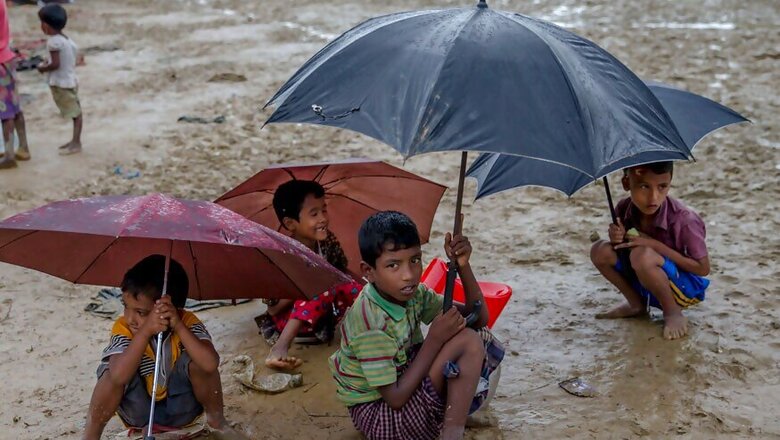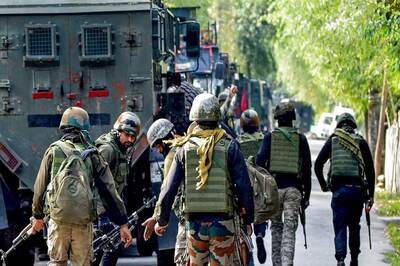
views
Myanmar's de facto leader Aung San Suu Kyi gave a much-anticipated address Tuesday on the ongoing crisis following the exodus of than 400,000 minority Rohingya Muslims from the country.
Speaking for over 30 minutes in English, it's the first time Suu Kyi has addressed the situation in northern Rakhine State or the growing international criticism of her and her government.
However, many of the claims made in her speech are somewhat dubious, with some even appearing to contradict the findings of an official report commissioned by the government and compiled by former UN Secretary-General Kofi Annan.
'We want to find out why this exodus is happening'
Suu Kyi's protestations that the government does not know the root causes of the crisis are peculiar, especially as she repeatedly referenced the Annan report, the Final Report of the Advisory Commission on Rakhine State.
The report, released in August, identified several key issues, including the lack of citizenship for stateless Rohingya Muslims as well as socio-economic challenges facing Rakhine, and police and military action in the state.
Following attacks on border police posts in October 2016, the report said, "subsequent military and police operations led to tens of thousands of Muslims fleeing across the border to Bangladesh."
"While Myanmar has every right to defend its own territory, a highly militarized response is unlikely to bring peace to the area," the report said.
"Unless concerted action -- led by the government and aided by all sectors of the government and society -- is taken soon, we risk the return of another cycle of violence and radicalisation, which will further deepen the chronic poverty that afflicts Rakhine State," Annan said in a statement.
UN human rights chief, Zeid Ra'ad al-Hussein, has said the situation in Myanmar seems like a "textbook case of ethnic cleansing," a claim which has been repeated by multiple human rights groups.
Both Amnesty International and Human Rights Watch have published damning reports on the causes of the exodus, including accusations the Myanmar military has deliberately burned Rohingya villages in a campaign of "ethnic cleansing" against the minority.
They backed up this conclusion with satellite imagery of fires, photos, and videos from the ground, and witness testimony of human rights abuses by the Myanmar authorities.
'Myanmar does not fear international scrutiny'
Suu Kyi said she is aware of the "world's attention" focused on Myanmar presently, but said her government "does not fear international scrutiny."
"If you are interested in joining us in our endeavors, please let us know," she added. "We can arrange for you to visit these areas and to ask (those who have stayed) why they have not fled, why they have chosen to remain in their villages."
While the situation may change following Suu Kyi's speech, access to Rakhine State has been heavily restricted to media, human rights groups, and diplomats.
A tightly government-controlled media trip to Rakhine state was organized earlier this month, but permits for journalists to visit the area independently and interview people without official interference have been next to impossible to come by.
Amnesty International has accused the government of denying aid workers access to the state, while in January UN special rapporteur on human rights Yanghee Lee was prevented from visiting some parts of the state for "security reasons."
Doctors Without Borders said it had been providing services to displaced people within Rakhine, "but the international staff has not been granted travel authorizations to visit the health facilities since August, whilst national staff has been too afraid to go to work following remarks by Myanmar officials accusing NGOs of colluding with (militant groups)."
In December, Kofi Annan also appeared to criticize the government's denial of access to Rakhine to aid groups and other NGOs.


















Comments
0 comment